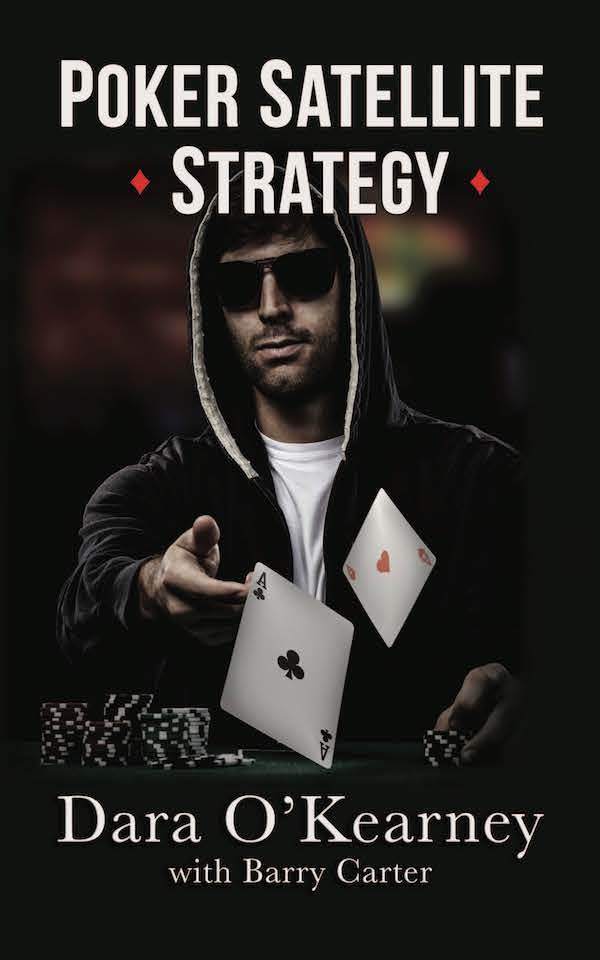Satellite specialist Dara O’Kearney shares a tip that goes against human nature but is vital if you want to consistently win tickets to big MTTs.

The strategy to win in satellites is radically different to any other form of poker and nothing encapsulates this better than the fact that it is frequently the right decision to fold Pocket Aces preflop in the late stages of a satellite when an opponent who covers you has shoved.
If this makes no sense to you, it is important to point out that the fundamental difference between satellites and regular tournaments is that you are playing for prizes of equal value, rather than bigger payouts the further you progress. So whether you end a satellite with half the chips in play or just a big blind, you still win the same prize.
In my book Poker Satellite Strategy (co-written with PokerStrategy.com editor Barry Carter) not only do we give you the tools you need to make big pushes, calls and fold on the bubble of satellites, we also give a complete framework for how to approach every stage of the tournament. It may seem an outlandish idea right now, but the people who have read the book are telling us that they are easily folding Aces and Kings in the right spots. We give you the information needed to make those big folds on the bubble, but until then here is a simple heuristic you can use right now to help in those spots:
If you are inside the bubble, if there are more people outside the bubble than there are positions between you and the bubble, you usually are guaranteed a seat.
For example, if you are currently 70th of 120 players and 100 players win a seat. In this case, there are 30 players between you and the bubble and a further 20 players outside the bubble. That means that you could blind out and make the money, because those 20 players outside the bubble would need to make a move to avoid blinding out. A further 30 would be in trouble before you.
Fold 100% of your hands

Your correct strategy in this situation would be to fold every hand, even premium hands like Aces and Kings (unless the person shoving into you has a very small stack which would mean nothing for you to call). The downside of calling and losing is greater than the upside of calling and winning by an order of magnitude. This cannot be stressed enough. Perhaps the most common way new players bubble a satellite starts with them playing a premium hand when they had no reason to. Most satellite bad beat stories start with “I had Aces” when in reality that player should have folded them preflop.
In the same example, if you are 90th of 120 players with 100 seats, the situation is different. You should still be playing extremely tight because you are still likely to make the money, but a slow bubble and a few double ups from shorties could land you in trouble. You should still fold strong hands and avoid confrontation with players who have you covered, but when you get dealt big hands or see spots to bully a very tight player, you should go for it.
If you are outside the bubble you should usually be looking to make a move. If you are 110th of 120 and 100 get a seat, you will blind out before the other players and you cannot assume 10 players will make a horrendous mistake ahead of you. You should be looking at getting your money in wherever you see a profitable spot.
Folding Aces is one of the hardest things to do when you are a new satellite player but it is a vital skill if you want to avoid what is mentally perhaps the hardest bubble scenario in poker. There is nothing worse that bubbling a satellite when you could have in theory sat out and made the money easily.
You can get advice like this every month in Dara’s free strategy newsletter (with a current focus on PKOs and 3-bet pots) which you can join right here.
source https://casinonewsblogger.com/when-its-correct-to-fold-pocket-aces-preflop-in-a-satellite/
No comments:
Post a Comment